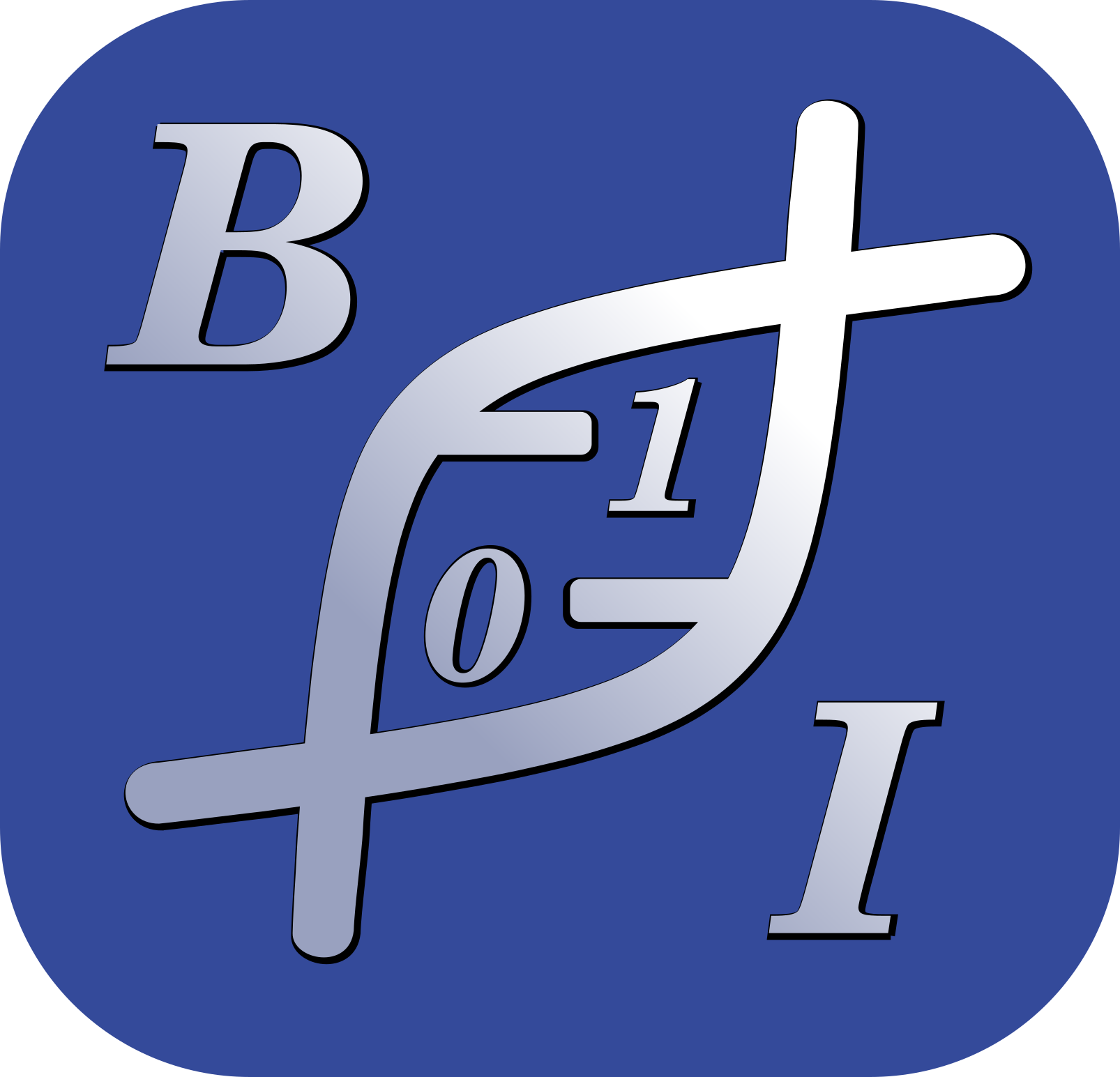

Microbiome is the collection of all microbes, such as bacteria, fungi, viruses, along with their genes, which live inside and outside our bodies in all environments surrounding us. To investigate microbiomes, researchers use sequencing data and microbiome analyses. These analyses rely on sequencing data to investigate microbiomes. Such analysis relies on sophisticated computational approaches: assembly, binning, taxonomic classification, functional profiling etc. Analyzing microbiome data makes it possible to answer the two main questions for most microbiome analysis. Who (microorganisms) are there: by extracting the community from the microbiome reads What are they doing (and how): by extracting the gene/pathway abundance profile from the metagenomics reads and transcript abundance profiles from the metatranscriptomics reads and combining them. These analyses rely on bioinformatics tools and also databases. Few workflows to process this data are available and most are not openly available, not transparent, or not easy to use by researchers. To tackle this problem, the Freiburg Galaxy team together with the microGalaxy community use Galaxy to build workflows to analyze microbiome sequencing data.
MGnify offers an automated pipeline for the analysis and archiving of microbiome data to help determine the taxonomic diversity and functional & metabolic potential of environmental samples. The pipeline even if documented is not really usable outside their resources. We would like to offer this pipeline for Galaxy users. This project aims to port the raw reads part of the pipeline into Galaxy. More information about the project can be found here: https://github.com/usegalaxy-eu/project-ideas/issues/31
The CRISPR-Cas system is an adaptive immune system in many archaea and bacteria, providing resistance against invading genetic elements. The three major components of CRISPR-Cas systems are the CRISPR-array, leader sequence, and Cas genes. Recent research shows that proteins adjacent to Cas proteins can help switch the CRISPR-Cas system’s targeting and degradation functions. This project clusters/classifies accessory proteins based on associated Cas proteins, using a method outlined in a referenced study to identify and analyze clusters.
You are interested in bleeding edge Linux-Kernel-Technologdy and virtualization? You want to help to distribute software packages in a OS-independend way? Than you can help us to solve the deployment problems of scientific software in a general way. That project will use Docker [1], an open source project that automates the deployment of applications, to produce self-contained images (containers). These containers are OS independent, versioned (like a git-history) and easy to use, which enables reproducibility of research results and easy deployment of entire software stacks.
Galaxy is an open, web-based platform for data intensive research. The University of Freiburg is running a Galaxy server to serve all different needs of our researchers. In addition to the common Next-Gerneration-Sequencing Tools, we offer Tools for cheminformatics [1], proteomics and RNA bioinformatics. To integrate an apllication into Galaxy, a thin wrapper between the Galaxy API and the targeted application needs to be written. Here usability is key. Good wrappers are easy to use and abstracting complicated application details. As part of our Galaxy project we are permanently seeking for motivated tool-wrappers that are enthusiastic about usability, want to work with a vibrant community to make Bio- & Cheminformatik Tools accessible for more researchers. The overall aim is to put the developed wrapper in the Galaxy Tool Shed [2], a Galaxy Appstore, where everyone can get there favorite application with a few mouse clicks.
The Freiburg Galaxy team is hosting further project ideas in its own GitHub repo. You want to work on NGS, big-data analysis, Cloud- or HPC-computing or develop complex front-end backends? Have a look at the topics in the link below:
I’m working on exciting projects to investigate CRISPR-Cas systems and bacteriophages. For the last ten years, CRISPR-Cas systems have become a hot topic, and several problems in the field were already solved using bioinformatics tools. However, there are many exciting aspects of CRISPR-Cas systems that are still open for research. Therefore, we offer many projects for bachelor and master students that are related and attached to our ongoing research (see below for a list of completed projects). The new available projects can be divided into the following categories:
If you are interested, please write me an email, and we can arrange a meeting to discuss the projects in more detail.
Further topics are available on request.
If you have a suggestion for a topic you are interested in, do not hesitate to contact us. Otherwise, the completed theses may provide some guidance.